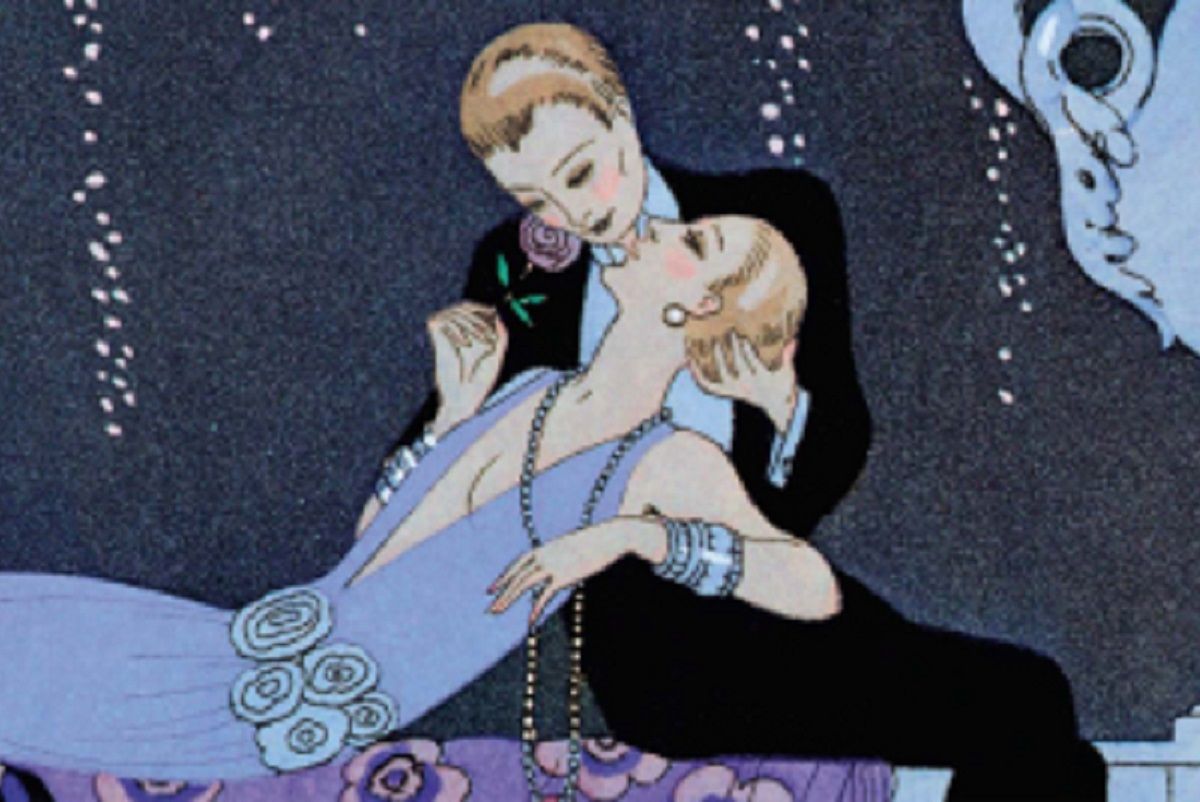Encyclopedia of Russian and European culture: the novel “Ada” by Vladimir Nabokov

Vladimir Nabokov had repeatedly admitted that he had no ear for music. ‘Solving chess problems’ was his way to substitute music. Elaborateness of the chess game is similar to the infinite number of verbal, graphic, and sound combinations in which the author operates. That is why every thought, every memory in the novel “Ada” is clothed in a number of symbols.
St Petersburg Representative office at the Russian House in Barcelona invites you to join the online lecture “Encyclopedia of Russian and European culture: the novel ‘Ada’ by Vladimir Nabokov”. The lecture will be delivered by candidate of Philology Nina Shcherbak.
“Ada” (Ada or Ardour, А Family Chronicle) novel by Vladimir Nabokov was one of the final works written in Switzerland. It is a passionate love story, a story of Adam and Eve, a story of Russian noble family that unfolds against a backdrop of life in a non-existing country. The novel opens with an inversion of the first sentence of “Anna Karenina” novel by Leo Tolstoy — ‘All happy families are more or less dissimilar; all unhappy ones are more or less alike’.
Works of the writer and translator Vladimir Nabokov were among of the most widely read and reviewed in the literature of Russian emigrants in 1920s and 1930s. Vladimir Nabokov was born in 1899 to a privileged noble family in St. Petersburg. He studied at Tenishevsky school, and after that went to the University of Cambridge. From 1940 to 1958, Nabokov lived and worked in the United States, leaving his mark on the history of American literature. In 1955, the Parisian publishing house “Olympia Press” published the novel “Lolita”, which eventually turned into a world bestseller. “Ada” by Vladimir Nabokov is the largest and the most significant novel of the writer. The novel written in the form of family chronicles covers about 150 years and tells us one of the most unusual love stories written in any language.
Speaker
Nina Shcherbak, Associate Professor in the Department of English Philology and Cultural Linguistics at St Petersburg University, Master of Arts (the United Kingdom), writer and screenwriter. She is also a scriptwriter for science television shows, author of fifteen monographs, and books on linguistics, literature, philosophy of language, and English literature.
The lecture will be held as part of the celebration of the 300th anniversary of St Petersburg University, the first university in Russia.
The meeting will be held online in Russian with simultaneous translation into Spanish.

